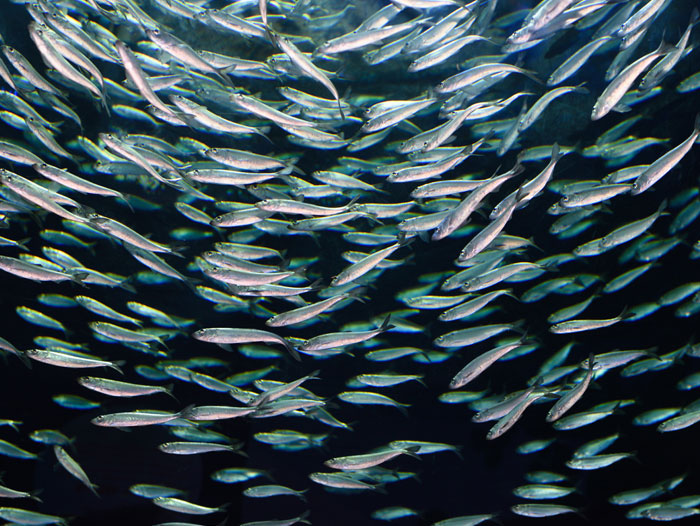Fisheries and Oceans Canada updates Pacific Herring Coast-wide Harvest Plan for 2021-22
December 21, 2021 | 2 min to read

VANCOUVER, BC – Fisheries and Oceans Canada (DFO) supports fishing opportunities for communities, and is firmly committed to the conservation, protection, and regeneration of our marine environment and the lifeforms they sustain. Herring are a forage fish, an important food source to other keystone species like Pacific salmon, and a critical part of the ecosystem on the Pacific coast. It is vital that we manage Pacific herring with an approach that supports fishing allocation where possible, and one that is consistent with the objectives of stock recovery, and the regeneration of this important species.
Today, the Honourable Joyce Murray, Minister of Fisheries, Oceans, and the Canadian Coast Guard, announced a more cautious approach to Pacific herring management, based on recently intensified risks to wild salmon, for which herring is an important food source. This approach will see most commercial fisheries for Pacific herring closed, and limited to First Nations food, social and ceremonial fisheries. For the Strait of Georgia, harvesting will be reduced to a 10% harvest rate, with a maximum total allowable catch of 7,850 tonnes.
DFO will soon release the draft Integrated Fisheries Management Plan (IFMP), which outlines the scientific projections and proposed management measures for the upcoming season.
This decision was taken with the aim of providing sustainable fishing opportunities and increasing stock abundance, to the benefit of the entire ecosystem. This approach extends the cautious approaches taken in recent years, with additional limits on harvest, and considers the decline of wild Pacific salmon, and the impacts of the recent floods and landslides on fish habitats in British Columbia.
Pacific herring are an important food source for salmon, sea birds, marine mammals and other fish species. Maintaining a healthy herring stock is vital to the health of the ecosystem of coastal British Columbia, and this year’s harvest plan will continue to conserve, protect and regenerate herring stocks for the future.
